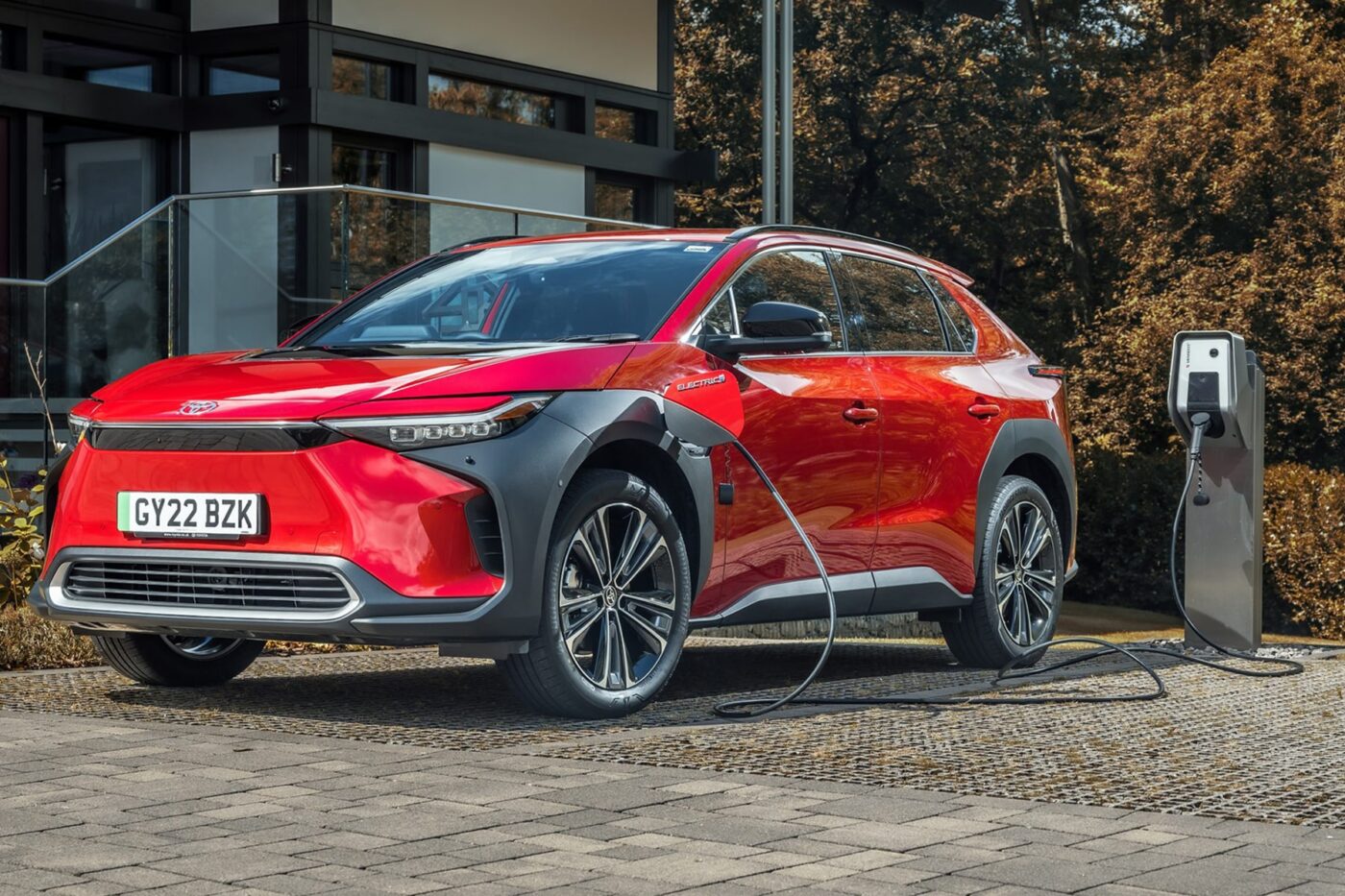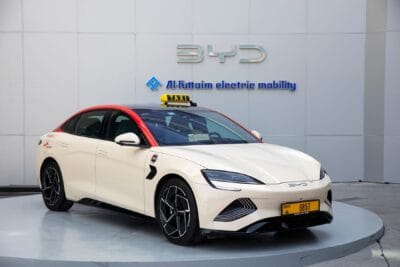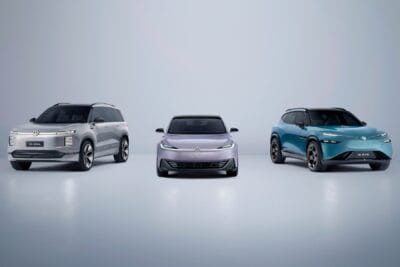EV deliveries rise in the UK over October
In total, 29,802 battery-electric cars were registered in the UK in October, making for the above-mentioned 24.5 per cent year-on-year increase. Simultaneously, the plug-in hybrid car share went down by 3.2 per cent, making for a total of 13,832 cars registered.
The continued growth of the BEV segment is in direct contrast to the market direction earlier this year, which was a steady drop in registration numbers in March, as well as in February, although in this month it was only private registrations that shrank, compared to businesses and fleets, which grew in that month. The total February market share for battery-electric vehicles stands at 17.7% per cent, up from the 14.7 per cent market share in January. In January 2023, a more stable growth margin was seen, however, this may have been related to a slower preceding month, which was affected by multiple supply chain issues.
This is not balanced by the combustion car sales numbers, which show the largest decrease in diesel car registrations, which have reduced by 20.5 per cent since last October, making for 8,961 diesel cars registered. The table is still dominated by the petrol car, however, which saw a reduction of 14.2 per cent year-on-year, but still achieved a total of 72,681 cars registered. This is a market share of 50.4 per cent. By comparison, the BEV share of the total market is 20.7 per cent, while HEV and PHEV each achieved 13.2 per cent and 9.6 per cent, respectively. Total car registrations in the UK stood at 144,288 new cars.
The decline was recorded across all buyer types, with fleets only falling by 1.7 per cent, but low-volume business markets reporting a recession of 12.8 per cent. Private purchases continue to fall and are down by 11.8 per cent, however, it should be noted that this general statistic was strongly influenced by the major drop in combustion vehicle sales. BEV was the only category to grow in the period.
| New car registrations in the UK in October | 2024 | 2023 | % change | Mkt share -24 | Mkt share -23 |
|---|---|---|---|---|---|
| Diesel | 8,961 | 11,276 | -20.5% | 6.2% | 7.3% |
| Petrol | 72,681 | 84,702 | -14.2% | 50.4% | 55.2% |
| BEV | 29,802 | 23,943 | 24.5% | 20.7% | 15.6% |
| PHEV | 13,832 | 14,285 | -3.2% | 9.6% | 9.3% |
| HEV | 19,012 | 19,323 | -1.6% | 13.2% | 12.6% |
| TOTAL | 144,288 | 153,529 | -6.0% |
Source: SMMT
An SMMT analysis also concludes that the BEV segment saw significant growth in terms of available models, which have hit a total of 125 different BEV models, marking an increase of 38 per cent in the last 10 months. Furthermore, due to a widening choice as well as manufacturer discounting, one of five BEV models is now cheaper than the average petrol or diesel, “especially for buyers able to take advantage of schemes such as salary sacrifice.”
“Massive manufacturer investment in model choice and market support is helping make the UK the second largest EV market in Europe. That transition, however, must not perversely slow down the reduction of carbon emissions from road transport,” explained Mike Hawes, SMMT Chief Executive, adding: “Fleet renewal across the market remains the quickest way to decarbonise, so diminishing overall uptake is not good news for the economy, for investment or for the environment. EVs already work for many people and businesses, but to shift the entire market at the pace demanded requires significant intervention on incentives, infrastructure and regulation.”
The SMMT also notes that while the growth margin is particularly impressive combined between the BEV and gasoline shares, it is still “significantly short of the 22% target for this year and of the 28% which must be achieved in 2025.”





1 Comment